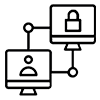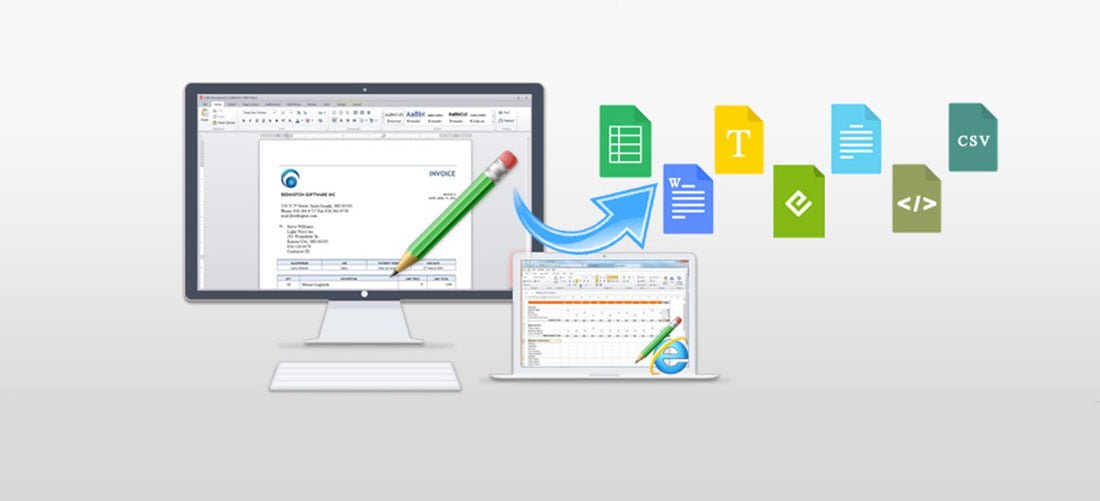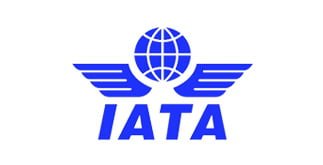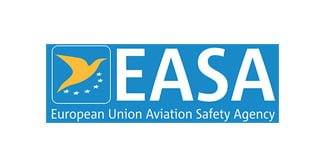
eDAC E-Documentation Software

eDAC E-Documentation Software
“E-Documentation Software” refers to electronic documentation solutions designed to manage, organize, and streamline various types of documents within an organization. These platforms facilitate the creation, storage, retrieval, and collaboration on digital documents, reducing reliance on traditional paper-based processes.
Here Are Some Key Features & Functionalities

Version Control
Manages multiple versions of a document to track changes over time. Version control ensures that users are working with the most up-to-date information and allows for easy review of document history.

Access Control and Permissions
Implements security features to control access to documents. Users can be assigned different levels of permissions based on their roles, ensuring that sensitive information is only accessible to authorized individuals.

Workflow Automation
Automates document-related processes and workflows. This may include approval workflows, document routing, and notifications, streamlining the review and approval processes.

Search and Retrieval
Offers robust search capabilities to quickly locate specific documents. Advanced search functionalities, including full-text search and filters, enhance document retrieval efficiency.

Integration with Other Systems
Integrates with other business systems such as Customer Relationship Management (CRM), Enterprise Resource Planning (ERP), or project management tools. This ensures seamless data exchange and consistency across different platforms.

Compliance and Security
Adheres to industry standards and regulatory compliance requirements for data security and privacy. E-Documentation Software often includes features like audit trails and encryption to ensure document security and integrity.

Mobile Accessibility
Provides access to documents on mobile devices, enabling users to view, edit, and collaborate on documents while on the go. Mobile accessibility enhances flexibility and productivity for users who are not always at their desks.

Document Lifecycle Management
Manages the entire lifecycle of documents, from creation and editing to archiving and disposal. This includes features for document retention policies and automated archival processes.

User-Friendly Interface
Offers an intuitive and user-friendly interface to enhance adoption and usability. A well-designed interface ensures that users can navigate the platform easily and perform tasks efficiently.
E-Documentation Software plays a crucial role in modernizing document management practices, improving collaboration, and increasing overall efficiency within organizations by transitioning from paper-based to electronic workflows.
Features and Specifications

Document Creation and Editing
Allows users to create, edit, and format electronic documents within the platform. Users can collaborate on documents in real-time, making it easy to create and update content.
Document Storage and Organization
Provides a centralized repository for storing electronic documents. Documents are often organized using folders, tags, or metadata, making it easy to categorize and retrieve information.


Collaboration Tools
Includes collaboration features such as commenting, annotation, and real-time editing. These tools facilitate communication and collaboration among team members working on the same document.
Electronic Signatures
Supports electronic signature capabilities for legally binding approvals and document sign-offs. This feature is particularly valuable for contracts, agreements, and compliance documentation.


Document Analytics and Reporting
Provides analytics and reporting features to track document usage, user activity, and compliance metrics. These insights can inform decision-making and help organizations optimize their document management processes.










